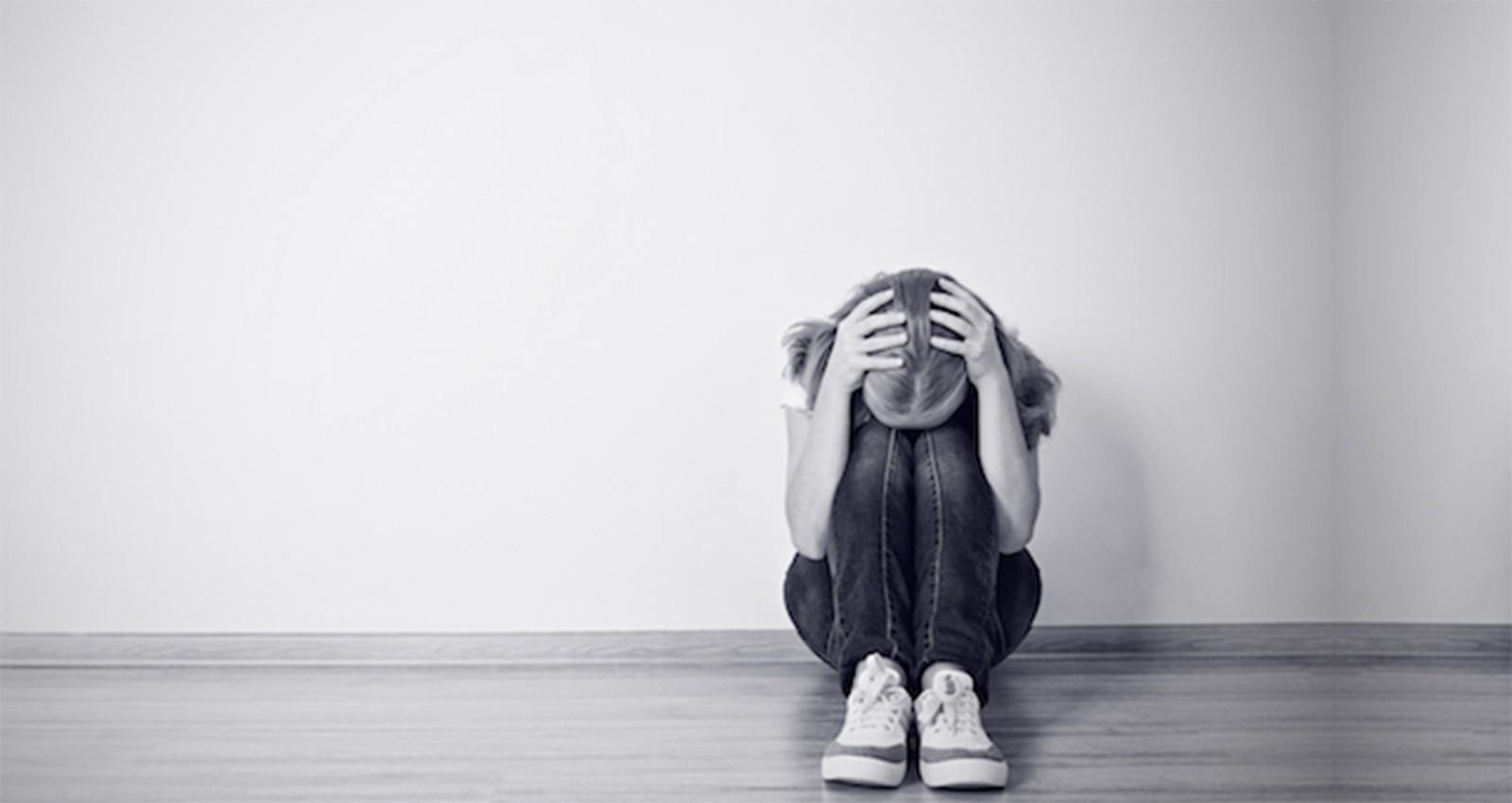Suicide rates in the United States have increased by 24 percent after a steady decline in the 1990s, according to an April analysis run by the National Center for Health Statistics. The rate has specifically risen from 10.5 people out of 100,000 people in 1999 to 13 people out of 100,000 people in 2014. The suicide rate for girls aged 10 to 14, in particular, tripled over the past 15 years.
Another major factor is doctors’ unwillingness to prescribe powerful antidepressants to children due to their possible side effects, NPR reported. And another possible cause is early puberty in younger girls, as psychological disorders tend to show themselves with the onset of puberty.
Deviating from the medical perspective, there is now much more in teenagers and preteens’ lives to trigger mental health disorders and suicide.
Minors are now under immense pressure to succeed in all aspects of their lives. Whether it’s academically or athletically, students must be the best at what they do in order to have a shot at getting accepted into a good college. Helicopter parents turn the fight for college into a battle, and they sometimes hurt their children in the process. There’s a standard of perfection put on kids these days. There also comes a point when children won’t be able to give any more.
Parents are great allies, but they can also work to their kids’ detriments. The misunderstood teenager trope is still alive and well. When a puberty-stricken young person continually complains about feeling sad and alone all of the time, it’s easy to attribute it to the raging hormones of puberty or chalk it up to their age. Parents usually want to help their children, but sometimes this misattribution prevents them from providing their children with the aid they deserve.
Not to mention, young people don’t have the freedom to take a step back from the things in their lives that might be adversely affecting them. They’re dependent on their parents for transportation, and most of their time is consumed by school. In fact, some children spend more time at school than they do at home, meaning that they’re never too far away from their primary source of stress.
Parents may also be extremely wary of giving their children antidepressant medication as well. Finding the right medication or dosage can be a long process of trial and error, and parents may understandably be unwilling to give antidepressants to their children that may have strong side effects.
Of course, those who don’t struggle with depression or anxiety are too quick to tell others to de-stress without fully understanding what it means to have a mental health disorder. It’s really the drugs that make you feel better. Prescription drugs regulate hormone imbalances.
The evil side of social media rears its ugly head again in the conversation about suicide. Children are getting involved with social media at younger and more vulnerable ages. It isn’t healthy for them to see each other’s lives put through a filter of idealism that erases every flaw. Life is not one continuously perfect moment, as social media leads children to believe.
And it’s impossible to stay away from social media. The Internet is integrated into everyday life. And teens still want to interact with their friends on social media platforms, so avoiding it is all together impossible.
Now the youth can’t escape being bullied, because they would have to unplug everything. Young people are trapped in their technology.
But suicide rates aren’t going up solely because of the rise of social media. There is, of course, scientific truth behind it as well.
The increasingly early onset of puberty only quickens these emotional factors. What today’s adults experienced at 14 years old, today’s children might be experiencing at 10 years old. Children are developing at a faster rate and may feel like they need to be doing more “adult” things like drinking, drugs and having sex at an earlier age.
Add on top of that the ever-present culture of mental health stigma, and the increasing suicide rate is all too believable.
Depression is unique to every individual, whereas bullying is a standard tale of physical or emotional aggression. Depression is different in everybody. Kids may not even know what they’re feeling anyway. So how are they supposed to vocalize it?

























































































































